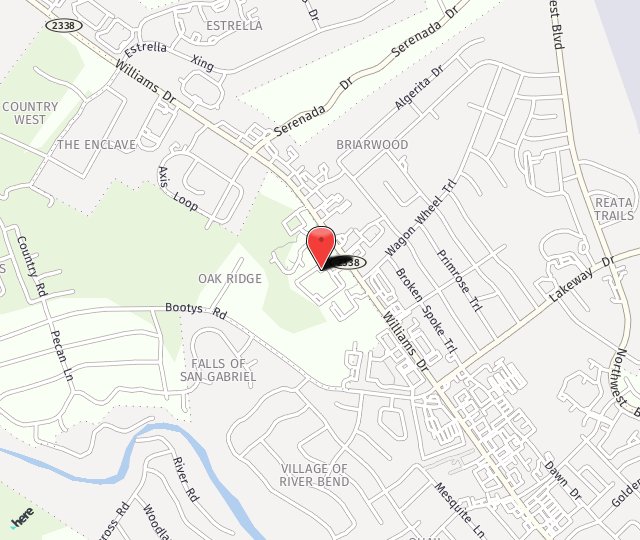Dr. Mandy, Dr. Mark,and Dr. Devin are LVI-trained neuromuscular dentists who are qualified to diagnose and treat sleep apnea. After a thorough examination of your throat and mouth, they can have a custom appliance made for you to wear while sleeping. Fitting comfortably in your mouth, it will move your lower jaw slightly forward, helping to prevent your tongue and soft tissues from restricting your airway. The device can treat both sleep apnea symptoms and snoring.
For more information, please see Questions About Sleep Apnea.
For a complimentary one-on-one consultation, please contact Aesthetic Dentistry of Georgetown or call 512-819-9100 today. Our dentists welcome patients from other nearby Texas communities.


